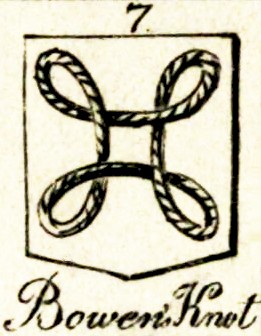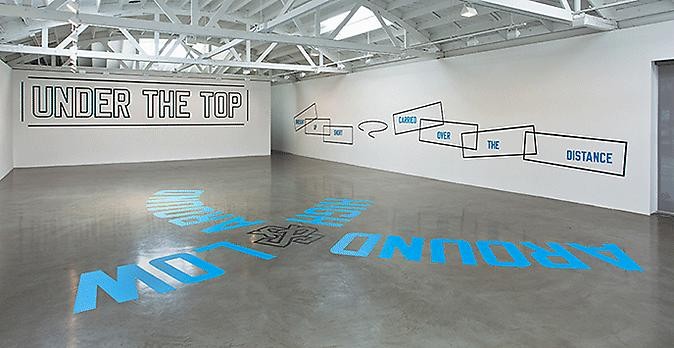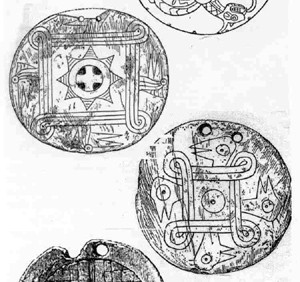syn·site
1: AN ENTANGLED, NON-SINGULAR SITE. A site of simultaneity spanning disparate sites, marked by plurality and potentiality.
2: ASSEMBLED BITS WITHIN THE ENTANGLED SITE. An ever-cleaving constellation of bits within the aforementioned entangled site.
3: SYNTAX AS SYN-SITE. A verb-noun concatenation—process embedded in, affecting, and affected by site—with an assertive threshold calling attention to itself between the two. To understand this hybridity of site is to see the hyphenated construct itself as a tool—to see in its syllabic nodes and articulated connection a self-aware mirage.
< ORIGIN > The SITE/NON-SITE construct of Robert Smithson, reviewed.
1: AN ENTANGLED, NON-SINGULAR SITE. A site of simultaneity spanning disparate sites, marked by plurality and potentiality.
2: ASSEMBLED BITS WITHIN THE ENTANGLED SITE. An ever-cleaving constellation of bits within the aforementioned entangled site.
3: SYNTAX AS SYN-SITE. A verb-noun concatenation—process embedded in, affecting, and affected by site—with an assertive threshold calling attention to itself between the two. To understand this hybridity of site is to see the hyphenated construct itself as a tool—to see in its syllabic nodes and articulated connection a self-aware mirage.
< ORIGIN > The SITE/NON-SITE construct of Robert Smithson, reviewed.
SYN (along with, at the same time | from Greek SYN, with | ~SYNTHETIC) + SITE (N: point of event, occupied space, internet address; V: to place in position | from Latin SITUS, location, idleness, forgetfulness | ~WEBSITE ¬cite ¬sight), cf. SITE/NON-SITE (from Robert Smithson, A PROVISIONAL THEORY OF NONSITES, 1968)



site (n.)
. . . directly from Latin situs "a place, position, situation, location, station; idleness, sloth, inactivity; forgetfulness; the effects of neglect," from past participle of sinere "let, leave alone, permit."
site (n.)
. . . directly from Latin situs "a place, position, situation, location, station; idleness, sloth, inactivity; forgetfulness; the effects of neglect," from past participle of sinere "let, leave alone, permit."
site (n.)
. . . directly from Latin situs "a place, position, situation, location, station; idleness, sloth, inactivity; forgetfulness; the effects of neglect," from past participle of sinere "let, leave alone, permit."












With only a few days left before deadline, the team's bitmap artist Susan Kare started researching for the Apple logo's successor. She was browsing through a symbol dictionary when she came across the cloverleaf-like symbol, commonly used in Nordic countries as an indicator of cultural locations and places of interest [...] Kare states that it has since been told to her that the symbol had been picked for its Scandinavian usage due to its resembling the shape of a square castle with round corner towers as seen from above looking down.
With only a few days left before deadline, the team's bitmap artist Susan Kare started researching for the Apple logo's successor. She was browsing through a symbol dictionary when she came across the cloverleaf-like symbol, commonly used in Nordic countries as an indicator of cultural locations and places of interest [...] Kare states that it has since been told to her that the symbol had been picked for its Scandinavian usage due to its resembling the shape of a square castle with round corner towers as seen from above looking down.
With only a few days left before deadline, the team's bitmap artist Susan Kare started researching for the Apple logo's successor. She was browsing through a symbol dictionary when she came across the cloverleaf-like symbol, commonly used in Nordic countries as an indicator of cultural locations and places of interest [...] Kare states that it has since been told to her that the symbol had been picked for its Scandinavian usage due to its resembling the shape of a square castle with round corner towers as seen from above looking down.


